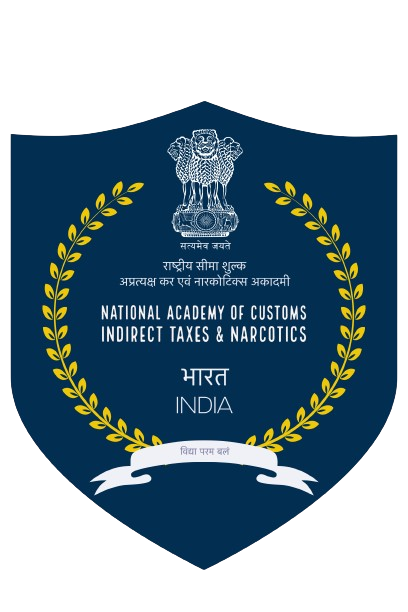Useful Links
|
Knowledge Service TaxService Tax is a tax imposed by Government of India on services provided in India. The service provider collects the tax and pays the same to the government. It is charged on all services except the services covered in the negative list (Section 66d of Finance Act 1994) of services & services covered under Mega Exemption Notification (Notification NO. 25/2012 ST dated 20.06.2012). The current rate is 14% on gross value of the service.
History of
Service Tax
Dr.Raja Chelliah Committee on tax reforms recommend the introduction of service tax. Service tax had been first levied at a rate of five per cent flat from 15 July 1994 till 13 May 2003, at the rate of eight percent flat w.e.f 1 plus an education cess of 2% thereon w.e.f 10 September 2004 le services provided by service providers. The rate of service tax was enhanced to 12% by Finance Act, 2006 w.e.f 18.4.2006. Finance Act, 2007 has imposed a new secondary and higher education cess of one percent on the service tax w.e.f 11.5.2007, increasing the total education cess to three percent and a total levy of 12.36 percent. The revenue form the service tax to the Government of India have shown a steady rise since its inception in 1994. The tax collections have grown substantially since 1994-95 i.e. from Rs. 410 crores in 1994-95 to Rs.132518 crores in 2012-13. The total number of Taxable services also increased from 3 in 1994 to 119 in 2012. However, from 1 July 2012 the concept of taxation on services was changed from a 'Selected service approach' to a 'Negative List regime'. This changed the taxation system of services from tax on some Selected services to tax being levied on the every service other than services mentioned in Negative list. Small Scale ExemptionService tax is only liable to be paid in case the total value of the service provided during the financial year is more than Rs. 10 Lakhs. If the value of services provided during a financial year is less than 10 Lakhs, it is optional for the service provider to pay service tax or not. But, in case he has received the service tax from the service recipient, he would be required to deposit it with the govt.This exemption is called Small Scale Exemption and it is at the discretion of the service provider whether he wants to avail this exemption or not. Negative ListBudget 2012 revamped the taxation provisions for services by introducing a new system of taxation of services in India. In the new system all services, except those specified in the negative list, are subject to taxation. Earlier the levy of service tax was based on positive list â specified 119 taxable services.As per clause (34) of section 65B of the Finance Act, 1994, the term "Negative List" means the services which are listed in section 66D...... Service Tax Return, Records & InvoiceRecordsAccording to Rule 5 of Service Tax Rules, 1994, records include computerized data and means the record as maintained by an assessee in accordance with the various laws in force from time to time. Records maintained as such shall be acceptable to Central Excise Officer. Every assessee is required to furnish to the Central Excise Officer at the time of filing his return for the first time a list of all accounts maintained by the assessee in relation to Service Tax including memoranda received from his branch offices. This intimation may be sent along with a covering letter while filing the service tax return for the first time. InvoiceRule 4A prescribes that taxable services shall be provided and input credit shall be distributed only on the basis of a bill, invoice or challan. Such bill, invoice or challan will also include documents used by service providers of banking services (such as pay-in-slip, debit credit advice etc.) and consignment note issued by goods transport agencies. Rule 4B provides for issuance of a consignment note to a customer by the service provider in respect of goods transport booking services. |

